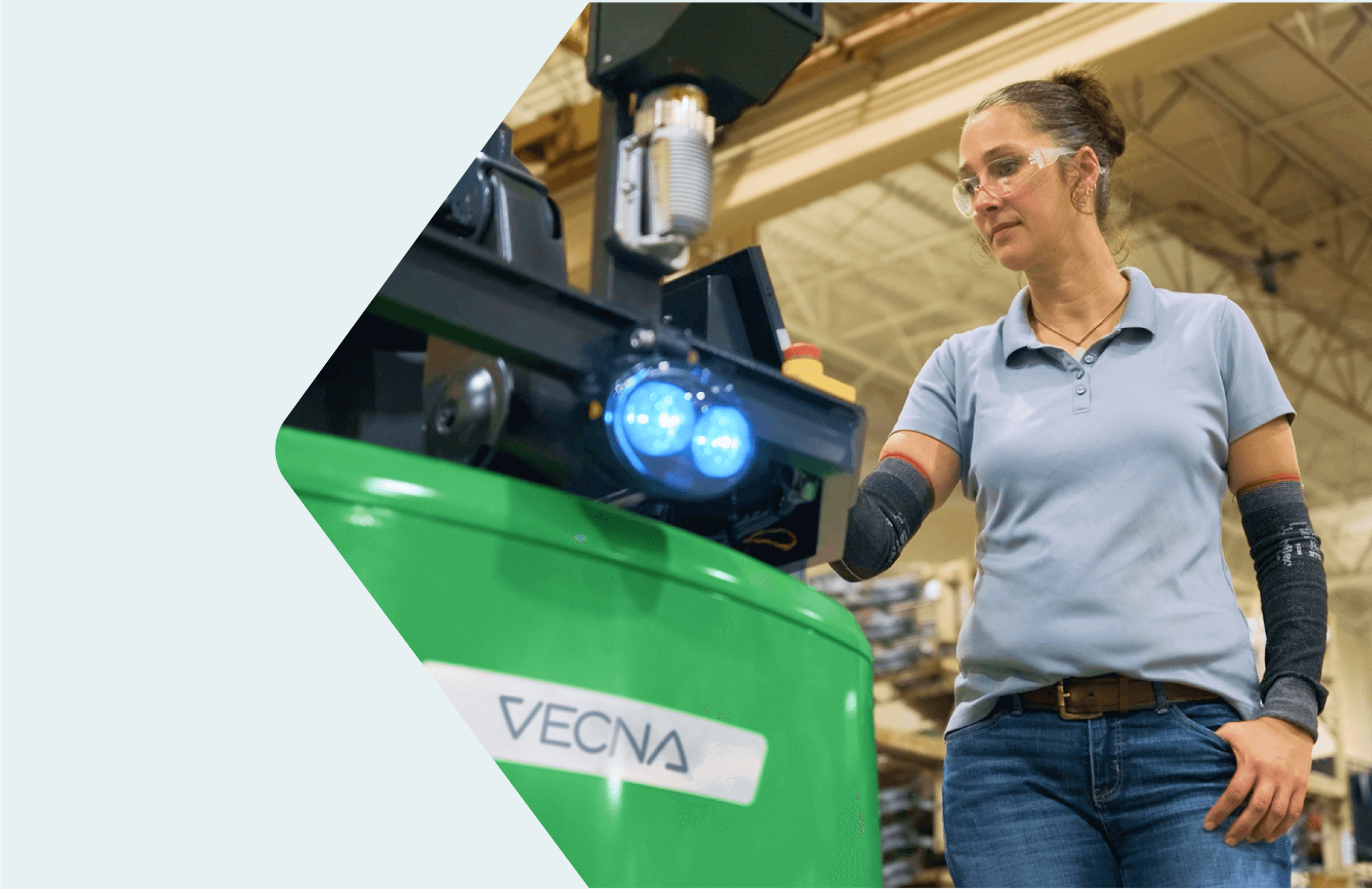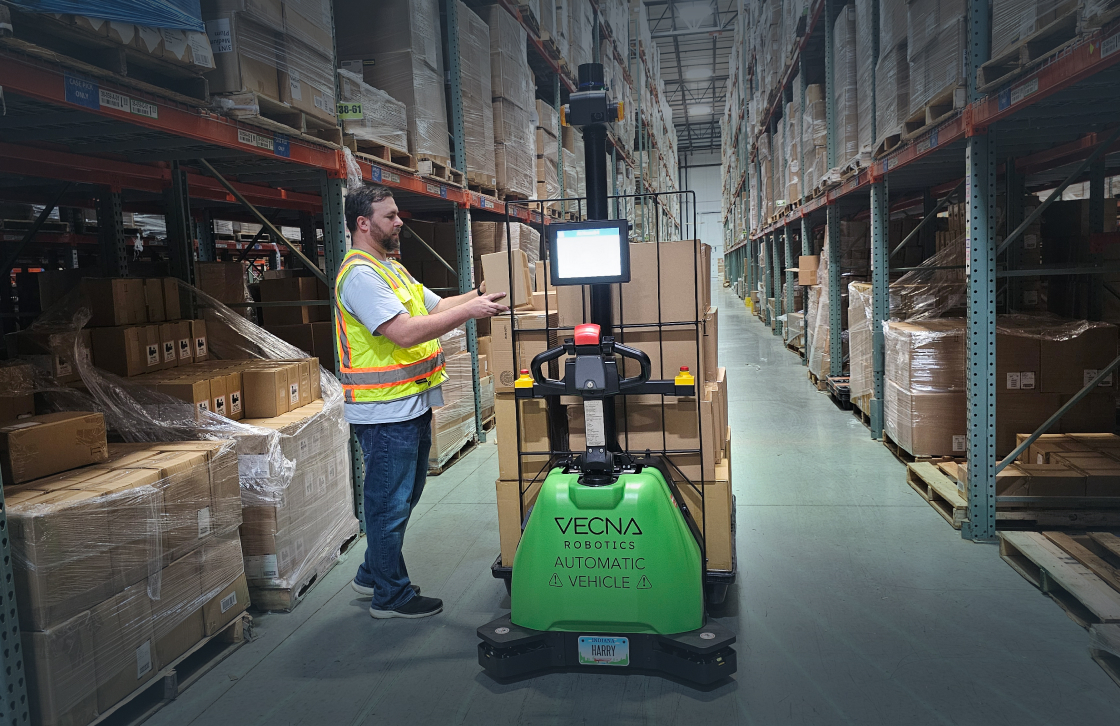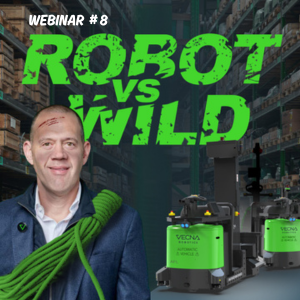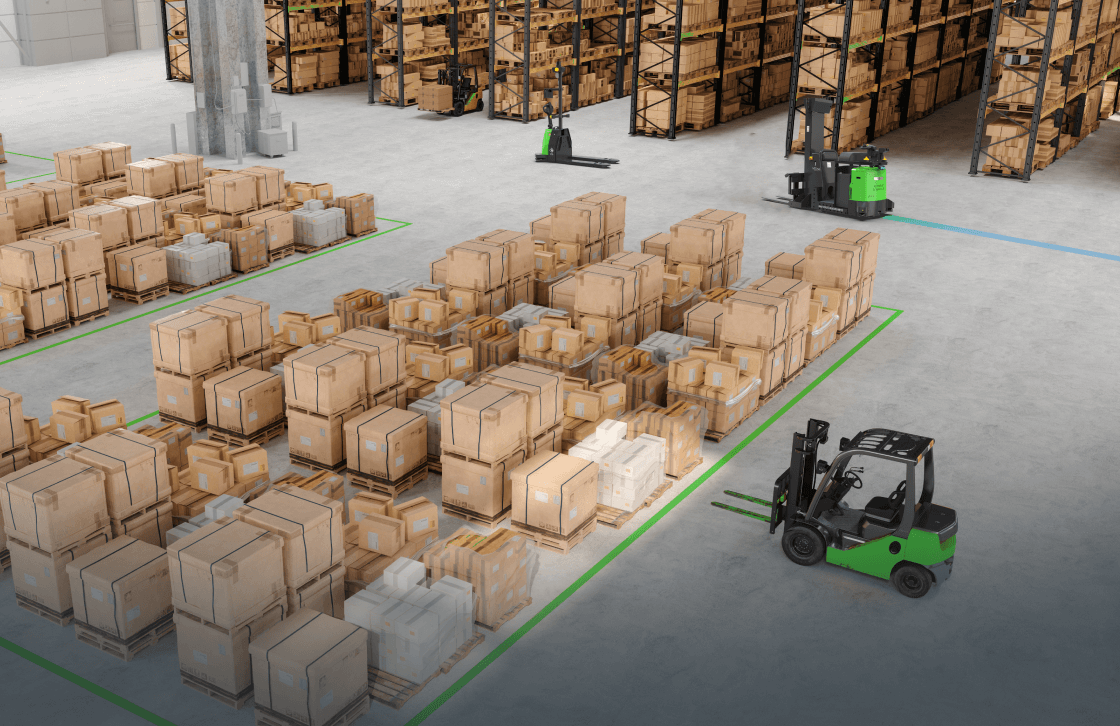The Prosperity Chain – By Daniel Theobald
There is much hype and debate in the media these days pitting robotics and automation against jobs. When someone worries about losing their job, it can cut to the core of their confidence and positive outlook in life. That is part of what makes this such a sensitive and complex issue. The risk is that if we aren’t thoughtful about how we approach this issue we risk doing more harm than good to the very people we are trying to protect. For example, some have suggested taxing robots to pay for certain social programs. Unfortunately, the idea of taxing robots is almost certainly unimplementable from a technology point of view. It is also likely a really bad idea.
The short version of human history is simple: Humans create technology, technology creates prosperity, prosperity is shared, human society thrives and creates more technology. This is the “Prosperity Chain.” Having more means I am likely to share more. Having more also allows me to spend a greater percentage of my time on things other than meeting my basic needs. Note that it is not necessary for me to care about other people for this to work, although I hope to show that if we do care, we will all do far better.
Let’s consider some examples:
Recent research has shown that Neanderthals and Homo Sapiens may have co-existed in Europe for over 5000 years. While most of us have a small amount of Neanderthal DNA, the Neanderthal as a distinct species no longer exists. Why did Homo Sapiens thrive and Neanderthals disappear? No one really knows, but it appears that Homo Sapiens had a unique ability to innovate and create technology which allowed them to prosper. While this is speculative, evidence is accumulating to show that Homo Sapiens could do a better job taking care of their people over long periods of time.
Early Homo Sapien technology includes needles for sewing, improved arrowheads for hunting, and complex communication-making trade possible. Sewing, for example, allowed them to adapt to a wider range of climates and better clothe their people. Clothing is a technology that provides more benefit to the weak and frail than it does to the strong. Arrowheads allowed for more effective hunting. Bringing home more food meant that more people were fed than just those who could kill their own. Communication not only allowed for trade and a more stable society but also allowed for the needs of underserved parts of the population to be better understood and met. Technology created prosperity which was used to benefit the broader population.
Let’s take a more recent example: The internet. There can be no argument that the internet has created prosperity, and that there are numerous examples of where that prosperity has been used to attempt to better the lives of everyone on this planet. Yes, the consolidation to online retail has created challenges for traditional retailers and brings into question what types of jobs may be available in the future… a trend that is likely to accelerate. Yet it is clear that in part because of the internet, the human race, on the whole, has unprecedented levels of freedom, education, equality, basic human rights, and access to capital. The trend here is the disruption caused by short-term change is the cost we pay for the long-term gains in overall prosperity for the human race.
So okay, let’s say for the sake of argument that we all agree that prosperity creates the possibility of caring for more people. This should be clear: if I don’t have many resources, my ability to help others shrinks. When we think about people with more resources, it is easy to focus on the widening gap between rich and poor in part caused by greed and lack of empathy for those with less, but I believe these people are the minority (aka greedy bastards). The key to balancing the equation is our values. What you do with your prosperity will be determined by your values. It appears that on the balance, over the long term, humans tend to have values that help the human race. There are endless counter examples, but the bottom line is that the human race continues to advance and flourish. This would be difficult in a scenario where people were unable or unwilling to help others.
Technology -> Prosperity -> Sharing -> Stable Society -> Technology. The Prosperity Chain acts over long periods of time while the technological disruption of how humans work is generally short-lived. Societies that fail to prosper collapse. Societies that fail to embrace technology put their long-term prosperity at risk. So assuming taxing robots was even possible to do, why would we do it? We tax cigarettes when we want people to stop using them, seems reasonable, but trying to deter the use of prosperity creating technology by taxing it is simply not good policy.
Here is the thing, will humanity need everyone “working” to meet our basic needs of food, clean-water, clothing, and shelter? Not by a long shot. That was humanity of days past. It only takes a small subset of society to create those things. The rest of us are involved in what was in ancient times generally considered “luxury” industries like education, science, medicine, travel, art, media, etc. Many don’t consider these to be luxuries today, but for most of human history, these pursuits were only available to the elite. Prosperity has made them available to a larger circle of humanity, and that prosperity was the result of technology.
We have basically three options:
- Overreact like the luddites of old and sabotage the very technology that will allow us to continue to prosper. This will damage our economy and result in long-term rather than short-term job loss.
- We can continue to improve our technology but forget that we have a fundamental responsibility to care for others. This risks widening the gap between the rich and the poor, eventually leading to increased social unrest or revolution.
- We can use the increased efficiency of technology and the prosperity it produces to make the world a better place for everyone. On the whole, this is what our species has been doing for millennia, albeit with lots of room for improvement. I vote for this option and suggest that we can do this better than ever before
My hope is that we can use our technology-created prosperity to evolve better socio-economic models over time that allow the debate to turn from “will everyone have a job?” to “does everyone have the opportunity to do something that they enjoy and how can we align that with what we need to accomplish as a species?” Along the way, let’s make sure to be aware of and take care of those that need a little extra help.
So to summarize: Robots and automation can create unprecedented levels of prosperity. The prosperity chain creates a virtuous feedback loop that allows for more prosperity and creates the possibility to take care of more people than ever before.
Ultimately, what we do with that prosperity chain will define who we are. Let’s do good.





